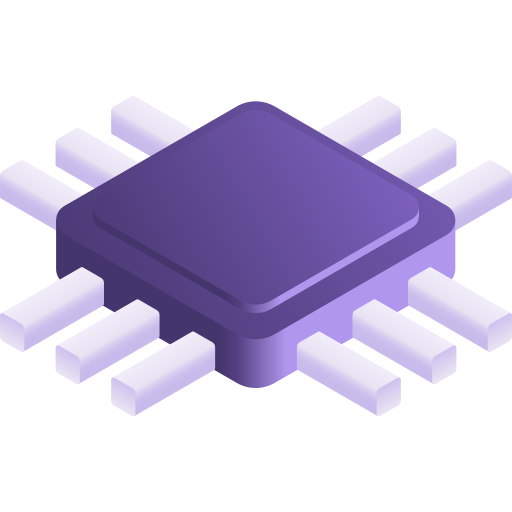

Russia is definitely not the country that has any right of taking in these children, as the aggressor and the sole reason for their misplacement. But from what I can tell, it’s not as bad as it could’ve been. There are ordinary, non-military non-political people there who wish these kids well, who have their head on top of their body. At the very least are attempting to teach love and not hatred, which is arguably much more constructive in the long term, regardless of what side you’re on. Though a love for “your nation” and “your government” can be shoved up a certain place regardless of what country is in the talks.
Good on the anonymous child psychologist who try and treat their early development of PTSD though, when there are things like this happening:
“When the children were on a boat on the Neva River and heard the cannon fired from the Peter and Paul Fortress, they dropped flat on the deck, face down — no one had warned them it was just a ceremonial shot,” the psychologist recalled.
I still wish to believe in the good people that are not corrupted by the government and politicians (yet?).
Who knows though, it might all be smoke and mirrors to avoid further persecution of the atrocities that were committed in the first place.
Also, I’d love to get the source for this (couldn’t find it skimming through VK):
A few days later, on Russia Day, counselors asked the children, “What does Russia mean to you?” and filmed their answers.










I even linked to the war crimes, and you’re accusing me of defending genocide? I even prefaced the comment with Russia not having any right (they are in the wrong).
“Misplaced” was a bad choice of words, as I did not mean to imply that they are orphans whose family is gone. But they are forcibly placed in an unfavorable place.
I didn’t see anything that would hint at their old society being bad, but there was indeed “here is good” present, which could imply the former, depending on the angle. And the angle being “Russia is a great country”, there’s easily the corresponding association of its enemies, I concur.
By trying to look at the “not so bad” aspects of things, I’m not defending the bad. Thoughts are not black and white, having to be either for or against. For example:
My grandpa dies, and I say “He lived a long and prosperous life”. I’m not implying that dying is not bad, therefore good. There are nuances, just like with this conflict. “At least the kids get to laugh” is not defending/encouraging them being stolen away from their families.
What I’m getting at, is that considering the dark times we live in, we should not ignore the nuances. There are many good things that have come from this conflict, like an unprecedented unity among nations, people standing up against heinous acts, and an incredible support system.
But let me capitalize the following, so it’s abundantly clear:
This does not excuse the villains nor their acts!
While consequences should be given to the perpetrators, we should try and not get consumed by the darkness. There are many people caught in the middle suffering - do not let them suffer just because they are part of a system that is failing them. This includes Russia, US, as well as the rest of the world.